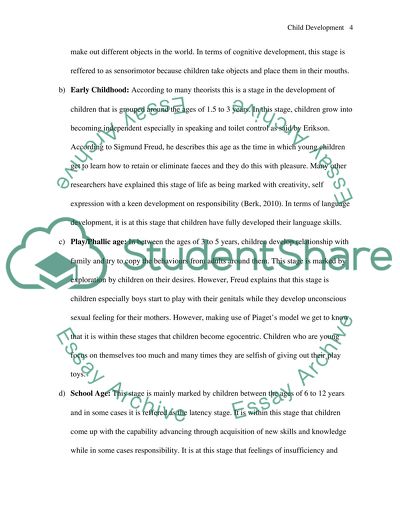Cite this document
(“Child Observation Term Paper Example | Topics and Well Written Essays - 1500 words”, n.d.)
Retrieved from https://studentshare.org/psychology/1469646-child-observation
Retrieved from https://studentshare.org/psychology/1469646-child-observation
(Child Observation Term Paper Example | Topics and Well Written Essays - 1500 Words)
https://studentshare.org/psychology/1469646-child-observation.
https://studentshare.org/psychology/1469646-child-observation.
“Child Observation Term Paper Example | Topics and Well Written Essays - 1500 Words”, n.d. https://studentshare.org/psychology/1469646-child-observation.


